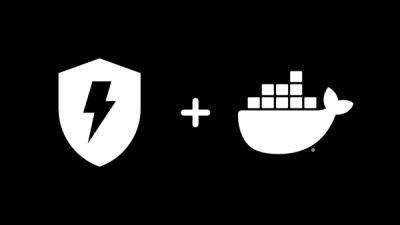Implicit


Fast Python Collaborative Filtering for Implicit Datasets.
This project provides fast Python implementations of several different popular recommendation algorithms for
implicit feedback datasets:
All models have multi-threaded training routines, using Cython and OpenMP to fit the models in
parallel among all available CPU cores. In addition, the ALS and BPR models both have custom CUDA
kernels - enabling fitting on compatible GPU's. Approximate nearest neighbours libraries such as Annoy, NMSLIB
and Faiss can also be used by Implicit to speed up
making recommendations.
Installation
Implicit can be installed from pypi with:
pip install implicit
Installing with pip will use prebuilt binary wheels on x86_64 Linux, Windows
and OSX. These wheels include GPU support on Linux.
Implicit can also be installed with conda:
# CPU only package
conda install -c conda-forge implicit
# CPU+GPU package
conda install -c conda-forge implicit implicit-proc=*=gpu
Basic Usage
import implicit
model = implicit.als.AlternatingLeastSquares(factors=50)
model.fit(user_item_data)
recommendations = model.recommend(userid, user_item_data[userid])
related = model.similar_items(itemid)
The examples folder has a program showing how to use this to compute similar artists on the
last.fm dataset.
For more information see the documentation.
Articles about Implicit
These blog posts describe the algorithms that power this library:
There are also several other articles about using Implicit to build recommendation systems:
Requirements
This library requires SciPy version 0.16 or later and Python version 3.6 or later.
GPU Support requires at least version 11 of the NVidia CUDA Toolkit.
This library is tested with Python 3.7, 3.8, 3.9, 3.10 and 3.11 on Ubuntu, OSX and Windows.
Benchmarks
Simple benchmarks comparing the ALS fitting time versus Spark can be found here.
Optimal Configuration
I'd recommend configuring SciPy to use Intel's MKL matrix libraries. One easy way of doing this is by installing the Anaconda Python distribution.
For systems using OpenBLAS, I highly recommend setting 'export OPENBLAS_NUM_THREADS=1'. This
disables its internal multithreading ability, which leads to substantial speedups for this
package. Likewise for Intel MKL, setting 'export MKL_NUM_THREADS=1' should also be set.
Released under the MIT License




